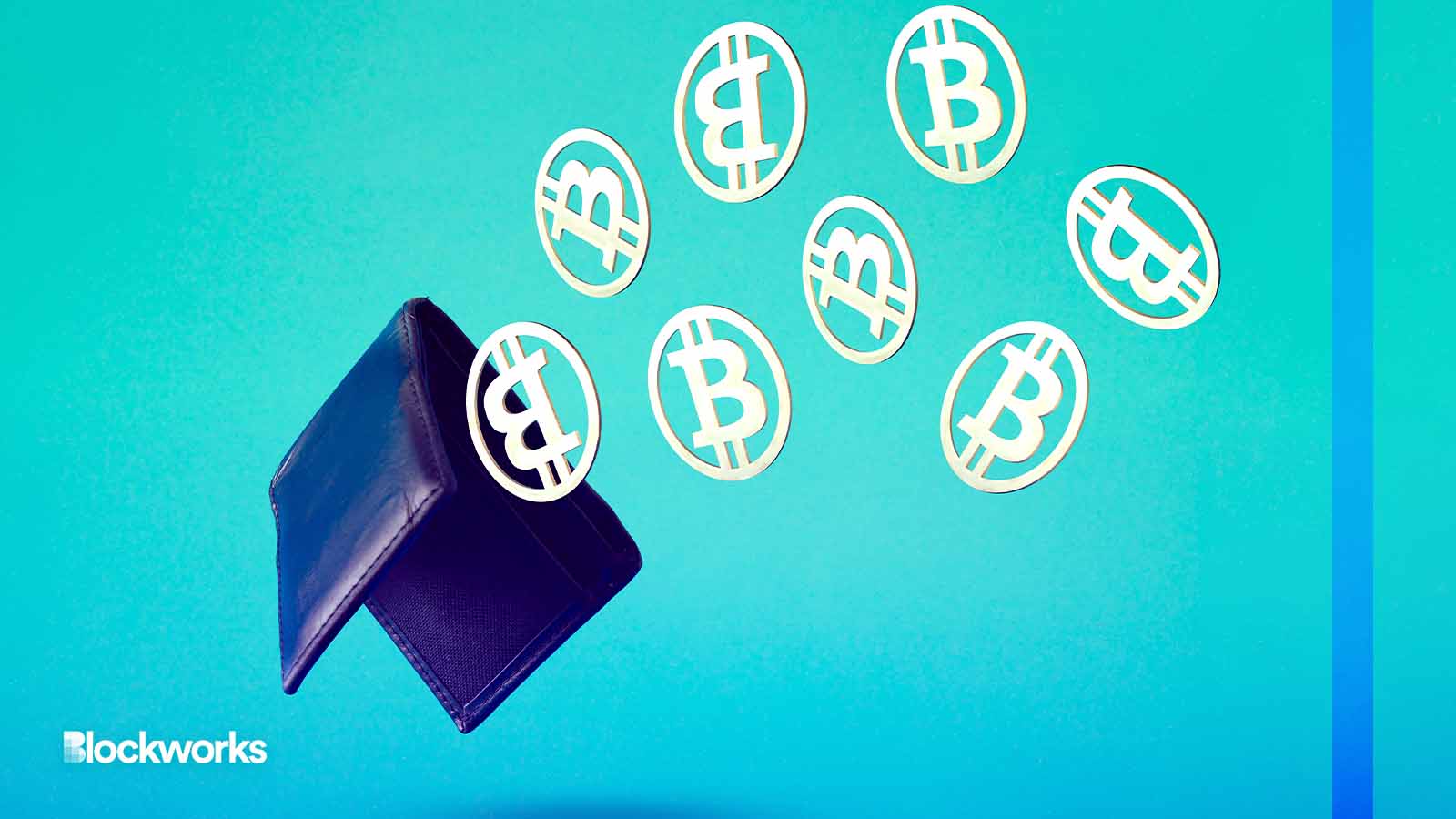Smol built an app to keep your cross-chain crypto under one address
Users can customize the beginning and end of their addresses when deploying a new Safe

KRICAK PHOTOGRAPHY/Shutterstock modified by Blockworks
Dapp (dencentralized app) development team Smol recently released MultiSafe, which enables users to keep the same address across multiple blockchains.
The newly launched dapp builds on the work of Safe, previously known as Gnosis Safe, which develops modular infrastructure for user access and management of their crypto holdings.
One of its most well-known products, Safe Wallet, is a smart contract wallet designed to simplify the user experience of having multiple owners or signers — known as a multisig.
The problem, according to Smol core contributor draper, was that when people use different addresses for their Safe across different chains and layer-2s, things can get confusing.
“We built MultiSafe to be the simplest way for anyone to deploy a Safe on the most used chains and have the same address on all of them. Users can deploy a totally new safe or clone an existing one in just a couple of clicks,” draper said.
MultiSafe was officially announced on Aug. 11. At the time, the team wrote that its release “continues Smol’s mission of creating simple to use and functional dapps designed to solve crypto pain points.”
So how does MultiSafe work?
MultiSafe is designed so that users can deploy a new Safe across multiple different chains within seconds whilst keeping the same address.
“If you already have a safe, you can ‘clone’ that safe onto other chains and keep the original address,” draper explained. “Under the hood, MultiSafe is using Safe’s own factory system which allows anyone to deploy Safe related contracts to any chain.”
This is accomplished by taking advantage of Safe’s deterministic logic, they said. This means users will be given the same address as their existing Safe accounts on different chains.
The Smol team has already built and shipped seven different dapps — and according to draper, is in talks with other teams about future projects.
“We’re already getting a nice amount of interest from other projects and protocols for us to integrate with them,” draper said.
Get the news in your inbox. Explore Blockworks newsletters:
- The Breakdown: Decoding crypto and the markets. Daily.
- 0xResearch: Alpha in your inbox. Think like an analyst.






